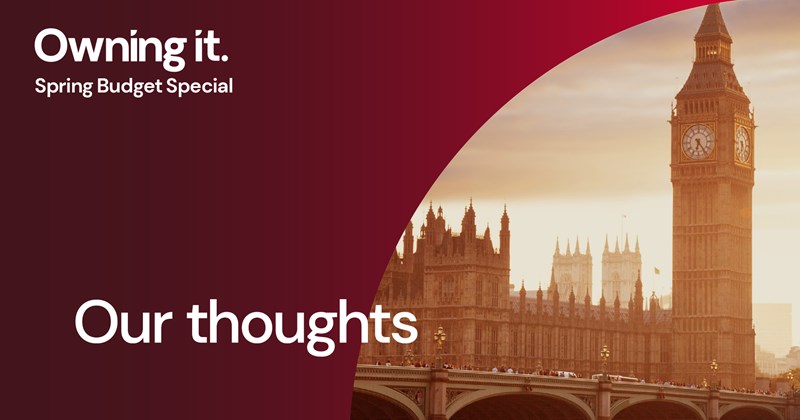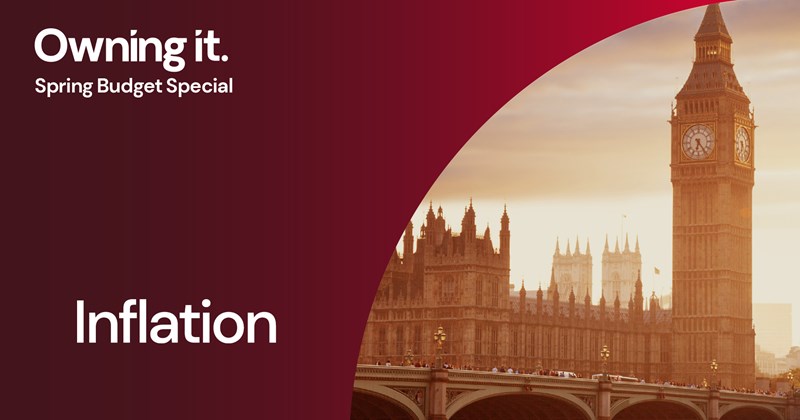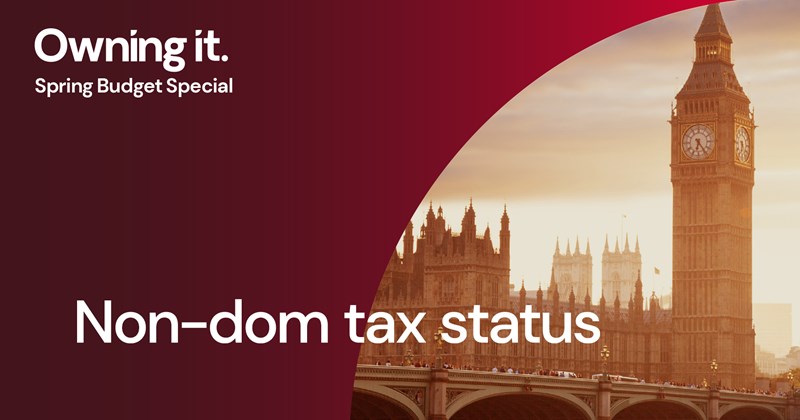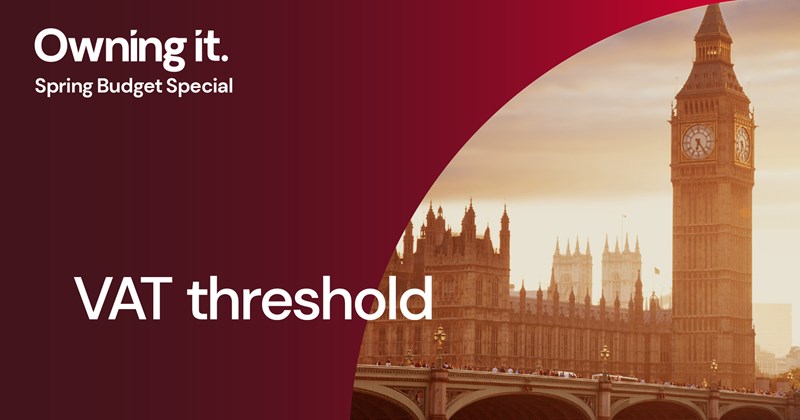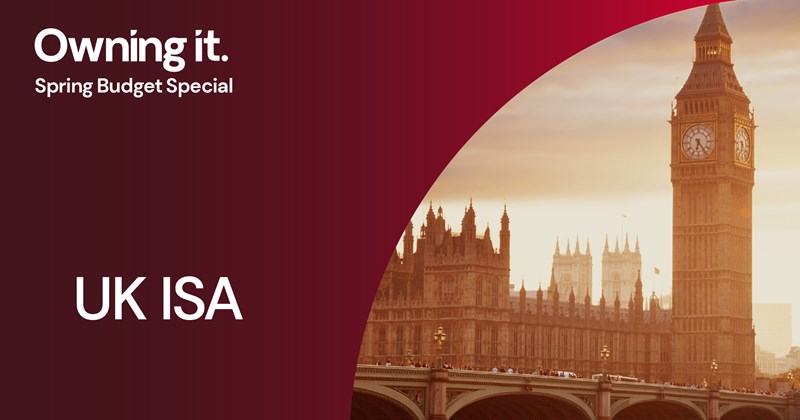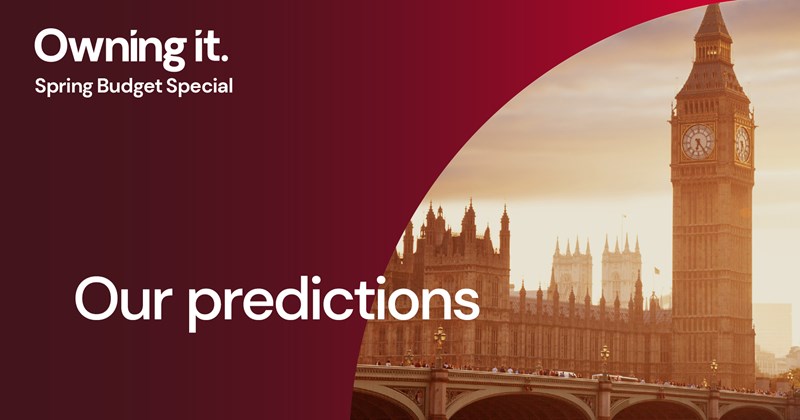National Insurance contributions
The government will cut the main rate of Class 1 employee National Insurance contributions (NICs) from 10% to 8% from 6 April 2024.
The average employed worker on £35,400 will receive a tax cut of over £450 per year from April 2024. Alongside the cuts from the Autumn Statement 2023, this is a total annual tax cut of over £900.
The main rate of Class 4 self-employed NICs will also be reduced from 9% to 6% from 6 April 2024.
Together with the changes announced in the Autumn Statement 2023, cuts to self-employed NICs will benefit over 2 million individuals; the average self-employed person on £28,000 will save £650 a year.
In the Autumn Statement 2023, the government announced the removal of the requirement to pay Class 2 NICs from 6 April 2024. The government will consult later in 2024 on how to deliver full Class 2 abolition.
Personal taxation
No changes were announced to the rates and thresholds for income tax or the personal allowance.
The government will create an additional UK Individual Savings Account (ISA) with a £5,000 allowance in addition to the existing £20,000 that can be subscribed into an ISA. The UK ISA will allow people to invest in UK-focused assets; no start date has been announced. In addition, British Savings Bonds will be launched in April 2024 providing a three-year fixed-rate.
The remittance basis of taxation for non-UK domiciled individuals will be abolished and replaced with a simpler residence-based regime from 6 April 2025. Individuals who opt into the new regime will not pay UK tax on any foreign income and gains arising in their first four years of tax residence (provided they have been non-tax resident for the last 10 years).
The government will also reform Overseas Workday Relief for employment duties carried out overseas.



